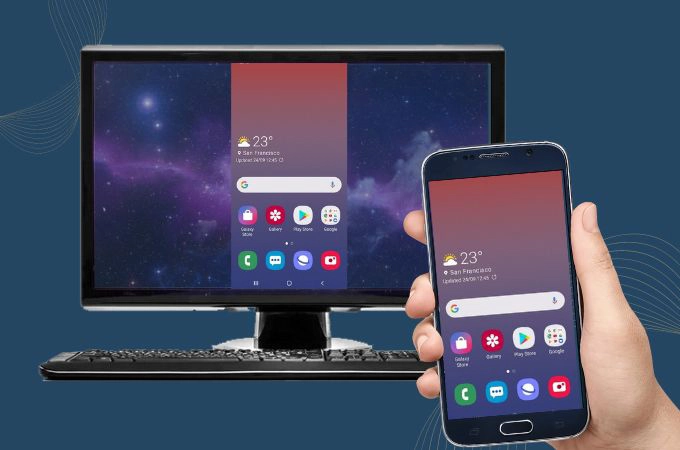BitTorrent No Longer King of Traffic, Netflix and Online Video Killed the BT Protocol
The BT protocol is still one of the most popular ways to share files, but data released by Sandvine, a Canadian broadband management company, shows that BT is no longer the king of traffic as the Internet evolves. In 2004, studies showed that BitTorrent software generated 35 per cent of all Internet traffic, a ridiculously high figure and a reflection of how popular BitTorrent was at the time.

And in 2013 BitTorrent's upload traffic still accounted for 1/3 of the Internet's total upload traffic, though this trend began to decline over the next few years, dropping BitTorrent's share of upload traffic to around 10% by about 2022.
Cloud storage, online video, and social media dominate the traffic:
Data released by Sandvine reports that BitTorrent is no longer the king of Internet traffic, and that it doesn't even rank in the top 10 on mobile devices (apparently, few users use BT on their mobile phones to download content for long periods of time). BitTorrent is still number six on fixed devices, but only accounts for 4% of traffic in the US, with an average of 46MB of data uploaded per user.
The report attributes this 46MB of data to a small number of users, meaning that only a small number of users are still committed to the idea of sharing on the Internet and continue to share large amounts of data via BitTorrent, while the majority of users are likely to contribute much less upload traffic.
** Netflix and online videos (including pirated video sites) killed the BT protocol:**
Pirated videos have been a major source of BT traffic for the past decade, but as Netflix has complained, pirated video sites are now offering online VOD, which allows users to watch videos online without downloading them, a much more convenient experience than downloading them via BT.
Coupled with the rise of cloud storage/online storage applications, people are likely to use BT to download less and less content, which is why BitTorrent's share of traffic has dropped significantly.
Of course, from the point of view of technological progress, both cloud storage / online discs and online video (including piracy), provide users with a simpler way to access resources, rather than having to wait for a long time, so from this point of view, BitTorrent's decline does not seem to be a bad thing.
However, the core of BitTorrent is P2P sharing, and as some resources, especially pirated content, may be banned from online services due to strict censorship, P2P may be the last line of defence.


